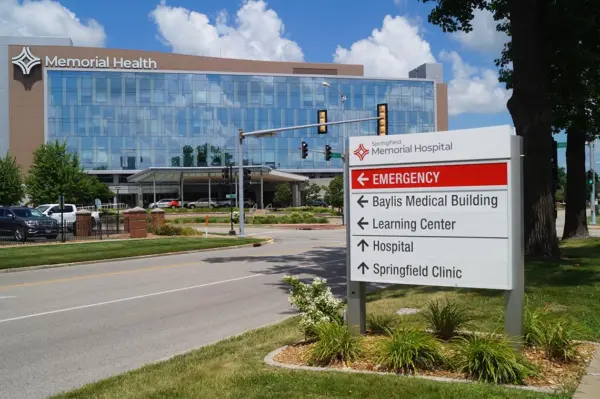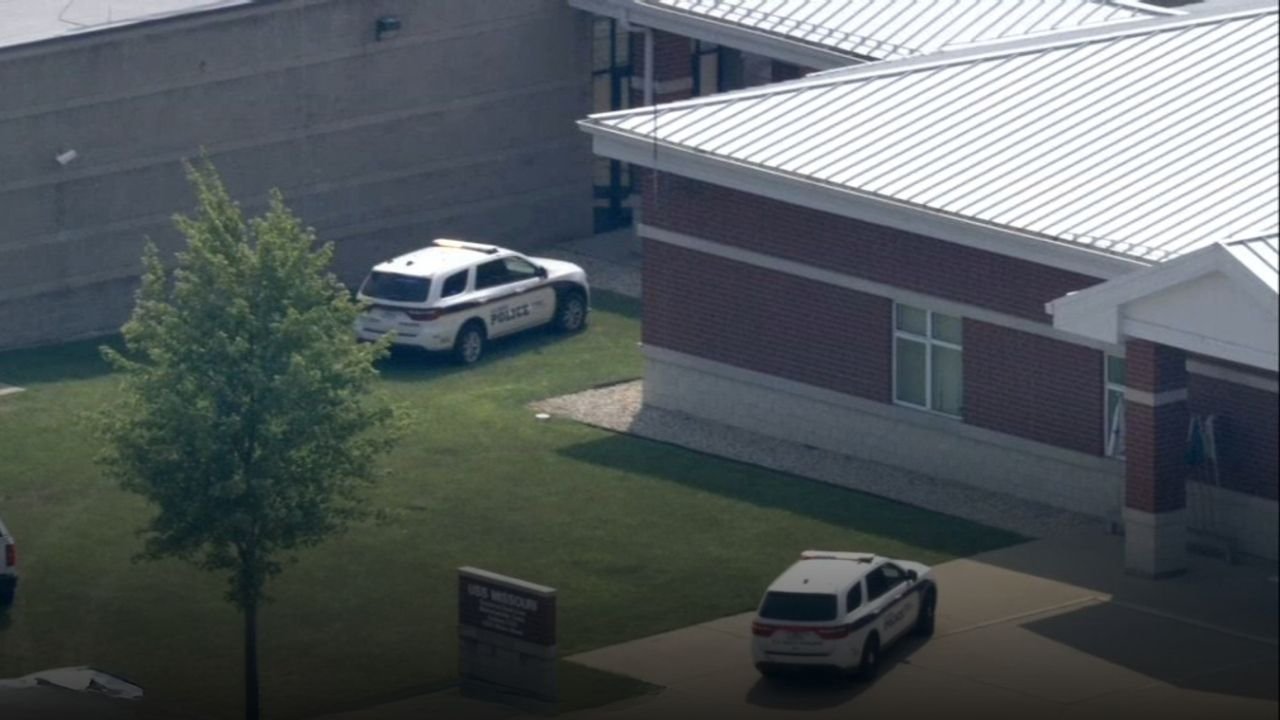ILLINOIS — Illinois continues to attract some of the nation’s largest data center developments, drawing praise for its economic opportunity — but experts say the state’s rapid expansion has become a cautionary tale for water and energy sustainability across the Great Lakes region.
With more than 220 data centers already operating, Illinois leads the Midwest in hyperscale computing infrastructure. But concerns are mounting over how these facilities impact local drinking water supplies, electricity grids, and long-term regional planning.
“We are concerned about the planning of the explosion of data centers,” said Iyana Simba, policy director at the Illinois Environmental Council. “How much of that was taken into account when municipalities planned to purchase water from the city of Chicago?”
Water-Intensive Growth in Suburban Corridors
A proposed facility by Equinix Inc. in Minooka could consume 30% of the village’s allocated drinking water from a planned $1.5 billion pipeline to Lake Michigan — a system currently being constructed to serve multiple suburbs southwest of Chicago, including Joliet and Romeoville.
According to Inside Climate News, many of these new facilities use evaporative cooling systems that consume vast amounts of water, with one hyperscale data center using as much water annually as 12,000 to 60,000 people.
Water resource experts warn that many aquifers supplying Illinois residents — like the Mahomet Aquifer — can take centuries to naturally recharge. Only 1% of the Great Lakes’ water is renewed annually through rainfall and runoff.
“You have to think of water like a bank account,” said Carrie Jennings of the Freshwater Society. “How fast are you drawing it down — and what’s your nest egg?”
Legislative Gaps Leave Localities in the Dark
While the Illinois Department of Commerce and Economic Opportunity has approved generous tax breaks for more than 20 data centers since 2020, there is no current requirement for companies to disclose their water or energy use.
A bill introduced earlier this year by State Senator Steve Stadelman sought to mandate such disclosures, but it failed to pass before the legislative session ended in May.
“With all of this demand and with climate change, it seems prudent to start making these legislative changes now,” said Helena Volzer of the Alliance for the Great Lakes.
Other Great Lakes states like Michigan and Ohio are now requiring companies to demonstrate they have adequate water supply before receiving state incentives — a policy some advocates want Illinois to adopt.
Read More: Illinois Legal Aid Faces $18M Cut Under Trump Budget Proposal, Threatening Services for Thousands
Push Toward Reclaimed Water Use
In response to these concerns, Illinois lawmakers passed a bill in May allowing companies to apply for permits to use reclaimed municipal wastewater for industrial purposes. Though only one facility currently uses treated wastewater, the Illinois EPA says the new law will streamline approvals moving forward.
Tim Gualandri of the WateReuse Association says Illinois is sitting on an untapped resource.
“We have water reclamation facilities that generate water every day,” he said. “We just want to tap into that to attract industries and grow our jobs — without drawing down our freshwater reserves.”
Still, most communities would need to build new infrastructure to deliver reclaimed water to these large-scale facilities — an investment few have made.
Do you believe Illinois should impose stricter rules on how much water and energy data centers consume? Share your thoughts at ChicagoSuburbanFamily.com.














